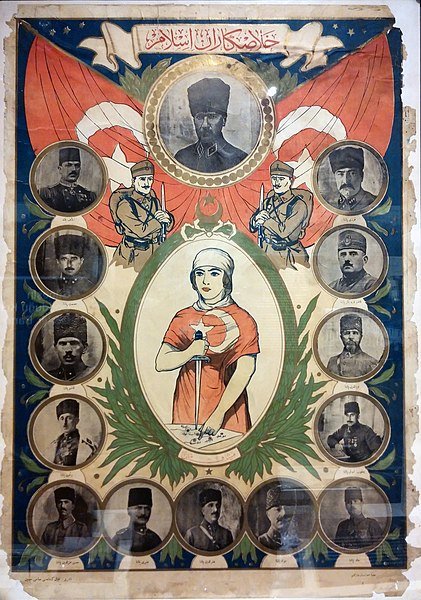
Nuri Can Akin
Nuri Can Akin is a Ph.D. candidate in Sociology, specializing in historical studies, at The New School for Social Research. He centers his work around historical sociology and secularization theories, with a distinct focus on Turkish secularization.
Nuri Can Akin is a PhD candidate in Sociology at The New School for Social Research, specializing in historical studies. He centers his work around historical sociology and secularization theories, with a distinct focus on Turkish secularization. His research delves into the complexities of secularization processes in Turkey, unearthing a nuanced interplay of power and resistance. Specifically, his work challenges conventional narratives by examining everyday forms of resistance and the influence they had on shaping the state's secular reforms during the early Republican Era. Nuri’s meticulous approach draws on a diverse range of sources, highlighting the voices of ordinary citizens and their multifaceted responses to these reforms.
Nuri’s project at GIDEST will shed light on the complexity of Turkish secularization and its influence on the everyday lives of ordinary Turkish citizens. Inspired by the works of de Certeau, Scott, and Bayat, his research delves into the subtle and overt ways people pushed back against, or adapted to these transformations. The project departs from a state-centric focus and relies on diverse sources such as oral histories, memoirs, and newspaper accounts to represent the experiences of those often left in the shadows of official narratives.
The project’s ultimate goal is to expose the dynamic relationship between state-imposed reforms and societal responses, revealing a multi-dimensional picture of Turkish secularization. It aims to counter the narrative of a uniformly coercive state, instead showcasing how resistance and everyday survival strategies shaped the trajectory of these reforms and, in turn, the nation's history. By doing so, the study hopes to contribute a richer understanding of state-building and people-building processes.


